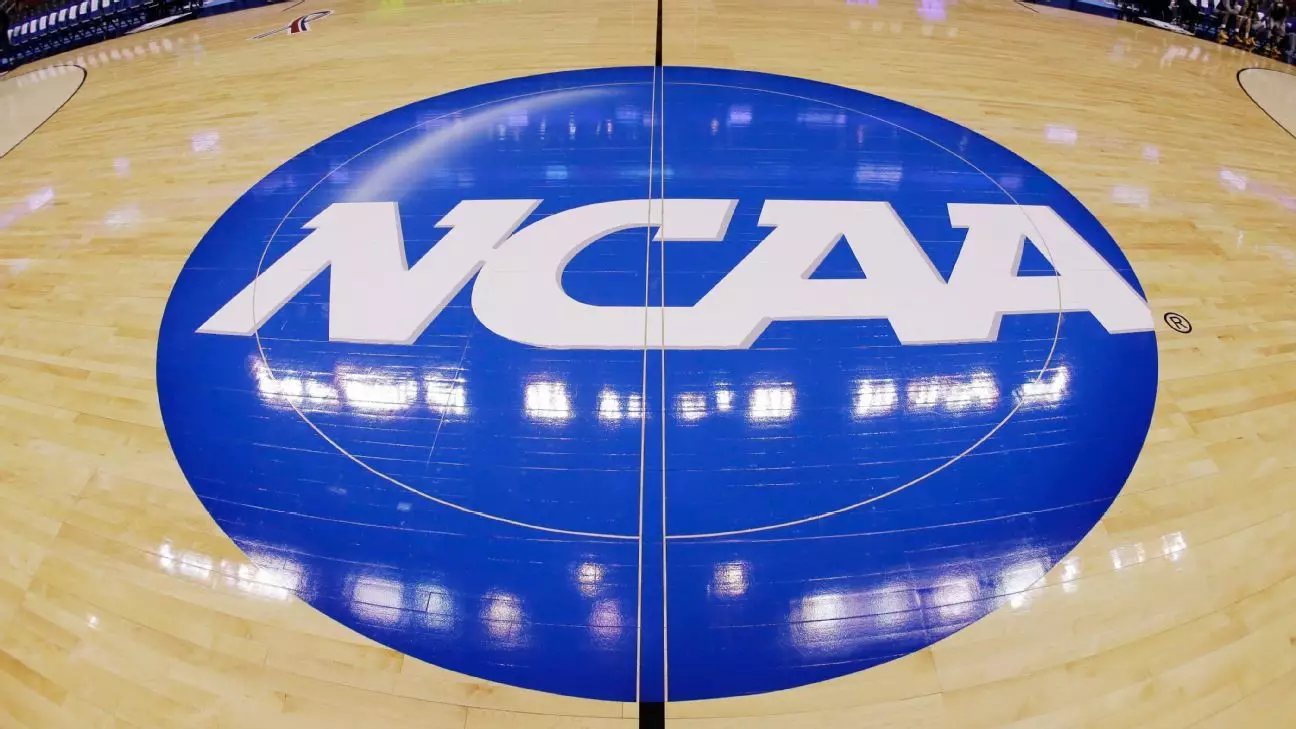The world of college sports is at a critical juncture, where the intersection of fairness, equity, and financial sustainability finds itself under harsh scrutiny. A significant catalyst for this conversation has been the ongoing legal battle involving the NCAA (National Collegiate Athletic Association) and its proposed overhaul of regulations that govern college athletics. In a recent development, Judge Claudia Wilken’s refusal to approve a multi-billion dollar antitrust settlement harbors profound implications for the future of college sports. The settlement, notable for its potential to reshape the status quo, highlights deep-rooted issues within the NCAA’s framework and the ripple effects of its policies on student-athletes.
Rethinking Roster Limits
At the heart of the controversy is the NCAA’s proposed roster limit policy aimed at curbing the number of players per team. Judge Wilken correctly identified this policy as detrimental to student-athletes, particularly those already occupying roster spots. Implementing such a drastic change would threaten the college careers of many athletes, stripping them of opportunities they have rightfully earned. The judge’s insistence on reconsidering this policy reflects a compassionate acknowledgement of the athletes’ plight and serves as a stark reminder that the NCAA’s decisions have real-world repercussions.
Wilken’s suggestions for “grandfathering” current players must not only be taken seriously but implemented. The notion that existing athletes should bear the brunt of decisions that primarily benefit institutional power plays is fundamentally flawed. Athletes dedicate years to their sports, and to jeopardize their collegiate experience for the sake of administrative machinations is anything but fair.
The NCAA’s Contradictory Stance
The NCAA, as a governing body, finds itself in a paradoxical position. On one hand, they tout a commitment to creating “more opportunities” for student-athletes; on the other, they propose regulations that could effectively eliminate roster spots and disrupt established careers. The NCAA’s position that it can’t change its plans for roster limits is disingenuous. The urgency of the issue and the well-being of thousands of athletes should take precedence over the association’s administrative inertia.
Moreover, the fact that over four thousand athletes are actively seeking transfer opportunities highlights the instability perpetuated by these anticipated regulations. This mass exodus underscores the urgency for reform within the NCAA and shines a light on the systemic failings that prioritize monetary interests over athlete welfare. The organization continually positions itself as a bastion of amateurism while simultaneously facilitating conditions ripe for exploitation and inequity.
Financial Windfall vs. Athlete Rights
The proposed settlement, relevantly named after lead plaintiff Grant House, comes with a staggering $2.8 billion payout to past and current athletes. This agreement aims to address the long-standing grievances surrounding the NCAA’s restrictive compensation policies. While the introduction of direct payments to athletes could indeed revolutionize college sports, it raises ethical questions about the dichotomy between the revenue generated from college athletics and the compensation afforded to athletes.
The NCAA is proposing an effective salary cap of $20.5 million per school, ostensibly to ensure that wealthier programs do not dominate the landscape entirely. However, enacting such limits without creating inequality in athlete opportunities is a balancing act fraught with complications. Establishing a system where financial equity coexists with roster limit policies rigorous must be the top priority.
The Human Element: Voices of Change
Listening to the athletes themselves is paramount in this dialogue. Individuals like Gannon Flynn, a freshman swimmer at Utah, bring vital human experiences to the forefront of this contentious arena. Flynn’s concerns about losing his spot due to impending roster limits illustrate the personal stakes involved. In a structure that should foster talent development and personal growth, placing bureaucratic policy over individual athletes serves to undermine the essence of college sports.
A commitment to including athletes’ perspectives in the evolution of these policies is essential for fostering an environment that respects their rights and recognizes their contributions to the revenue streams that fuel college athletics. Athletes deserve effective representation and a platform to voice their experiences; after all, they are the ones at the core of this multifaceted issue.
A Call for Ethical Reform
The current climate underscores an urgent need for a reevaluation of the policies governing college athletics. Both the NCAA and its member institutions must actively engage in ethical reform that prioritizes fairness, transparency, and athlete well-being over administrative ambition. It is plainly evident that the trajectory of college sports hinges on the decisions made in the coming months. Without thoughtful deliberation that takes into account the individuals affected by these policies, we risk perpetuating a cycle of inequality and exploitation that has long lingered in the shadows of collegiate competition.

